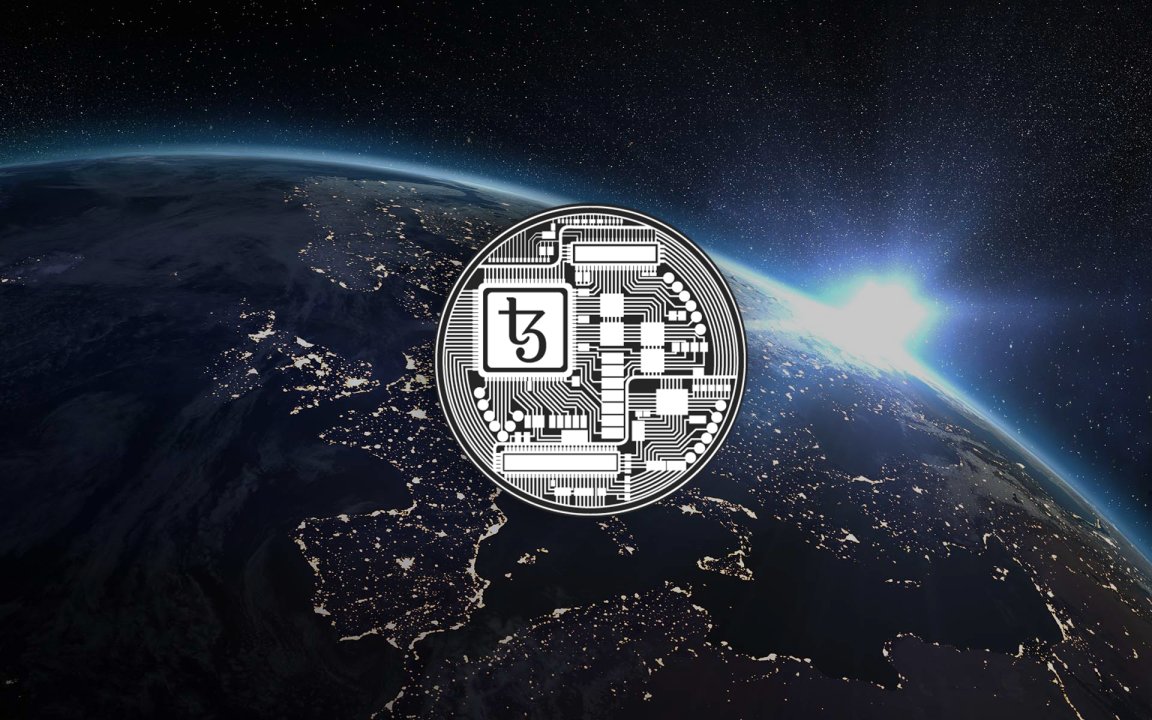
No Caps, Just Coins
If you’re building a new blockchain system, might as well fund it using digital currency generated by other blockchains. That’s what Tezos did when it decided to launch an Initial Coin Offering (ICO) back on July 1 for its new decentralized blockchain. Now, after 13 days of crypto asset crowdsale, the Tezos ICO generated more than $230 million worth of bitcoin (BTC) and ether (ETH) coins, making it the largest ICO to date.
The Tezos ICO closed with 65,627 BTC (with current prices hovering around $155-6 million) and 361,122 ETH (about $76 million), reaching a total of $232 million. That’s almost 100 million more than the previously highest Bancor ICO, which ended with about $150 million worth of ether coins. It helped that the Tezos ICO that didn’t have a cap for total coins sold and was launched back when 2,000 transaction blocks were added to the Bitcoin blockchain.
Cryptocurrencies like bitcoin and ether are used to pay for miners who maintain their respective blockchains — the decentralized digital ledger of transactions that’s recently found applications in not just finance, but other industries as well.

Challenging Blockchain Governance
As mentioned, Tezos is a blockchain. It wants to be different from existing blockchains, however, by refining the way these decentralized networks are governed and developed. Tezos describes its blockchain as a “self-amending” cryptoledger, i.e. it gives stakeholders the ability to decide on network-wide changes at the protocol level.
Essentially, this could eliminate the current conundrum Bitcoin finds itself in. Bitcoin miners and developers — who have opposing goals when it comes to the future of the blockchain — are in a deadlock regarding whether to accept and implement an improvement that would handle increased traffic in the network.
Tezos isn’t free of critics, however: Ethereum co-founder Vitalik Buterin previously expressed his disagreement with the idea of eliminating the need for outside protocol governance. Tezos, however, will offer support for smart contracts that use Proof-of-Stake (PoS) as a consensus algorithm — something that Ethereum is supposedly working on.
While regular investments are already volatile by nature, ICOs are even more so. There’s no guarantee how many of these startups with ICOs will actually last. For now, though, Tezos is just enjoying the overwhelming amount of funding and support its generated.
Disclosure: Several members of the Futurism team, including the editors of this piece, are personal investors in a number of cryptocurrency markets. Their personal investment perspectives have no impact on editorial content.